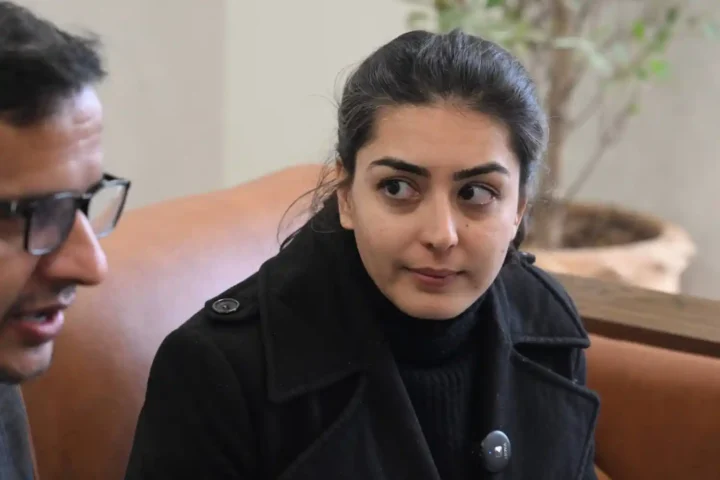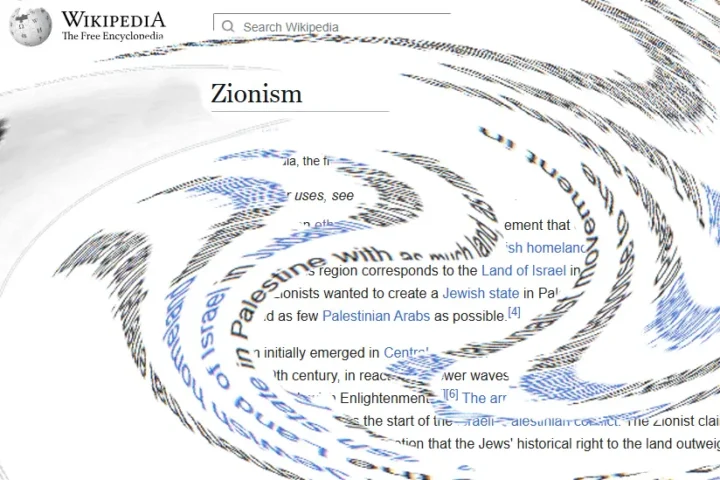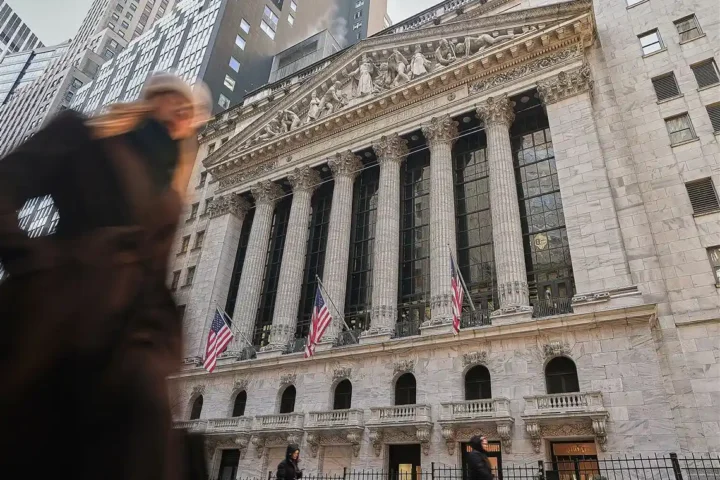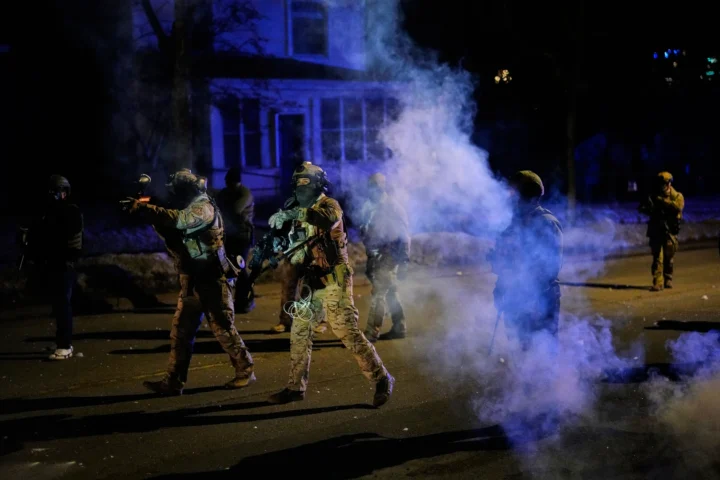Amsterdam, once a proud symbol of tolerance and multiculturalism, now finds itself at the heart of a storm over violent antisemitism. The assault on Jewish fans of Maccabi Tel Aviv in the Dutch capital has not only left the city reeling but also exposed deep fault lines in its political leadership. At the center of this crisis is Mayor Femke Halsema, a self-styled champion of progressive values, whose tenure now hangs by a thread.
The attack, which right-wing leader Geert Wilders has bluntly termed a Jodenjacht—literally, a “Jew hunt”—has triggered a national outcry. Wilders, never one to mince words, has called for Halsema’s immediate resignation, slamming the lack of police protection and the mayor’s failure to confront antisemitism head-on. “The mayor of Amsterdam needs to resign today,” he declared on X, channeling the fury of a nation that sees its moral compass spinning wildly off course.
Officials condemn protesters’ "antisemitic attacks" on Israeli soccer fans in Amsterdamhttps://t.co/9VfJwybxYh pic.twitter.com/hh9OP5qrQA
— TIME (@TIME) November 8, 2024
Wilders’ criticisms have found an echo far beyond the usual suspects on the political right. The Dutch king, typically a figure of unity and moderation, issued a rare and stinging rebuke: “We can’t look away from antisemitic behavior in our streets. (…) Last night we failed the Jewish community again.” Even Germany’s Chancellor Olaf Scholz, from across the border, weighed in: “Whoever attacks Jews and Jewesses, attacks us all.” These statements underscore the gravity of the moment—not just for Amsterdam but for Europe’s democratic values.
Yet, Halsema’s response has been curiously muted and, some argue, calculated. Her sudden decision to ban all political demonstrations over the weekend, ostensibly to quell tensions, raises more questions than it answers. The move silences not only potential agitators but also those seeking to peacefully stand in solidarity with the Jewish community. In effect, it shields her administration from visible public criticism while doing little to address the root of the problem.
This is not the first time Halsema’s leadership has come under scrutiny. For weeks, she resisted calls to curb antisemitic slogans during pro-Palestinian marches. The chants of “Death to the Jews” echoed through Amsterdam’s streets, and left-wing activists wreaked havoc on university campuses, causing millions in damage. Each time, Halsema’s response was a blend of denial and deflection. When Holocaust survivors were harassed outside the opening of the National Holocaust Museum, she claimed ignorance, despite evidence to the contrary.
Halsema insists she opposes antisemitism. Yet, her actions—or lack thereof—tell a different story. Her focus on combating historical Jew hatred rings hollow in the face of contemporary threats. History matters, but so does the present. The Jewish community doesn’t need symbolic gestures; it needs tangible protection and a leader willing to take a stand, even when it’s politically inconvenient.

Geert Wilders’ hardline stance—calling for the deportation of perpetrators and revocation of citizenship—has predictably divided opinion. His critics decry his rhetoric as xenophobic, a continuation of his long-standing opposition to immigration from Muslim countries. But even his fiercest opponents must grapple with the uncomfortable truth: the attackers were of Moroccan descent, and their actions reflect a disturbing normalization of antisemitic violence in certain communities. The issue transcends partisanship and identity politics. It demands a unified front against hate.
For Halsema, the clock is ticking. Her progressive allies in Amsterdam’s city council might still rally around her, but the tide of public opinion is shifting fast. The nickname “Europe’s capital of Jew hatred” is a scarlet letter that no city—or its mayor—can afford to bear. As condemnation pours in from across the political spectrum and beyond Dutch borders, the question is no longer whether Halsema can survive this crisis, but whether she should.
The attacks on Jewish fans in Amsterdam are a litmus test—not just for Halsema, but for Europe’s collective resolve to confront rising antisemitism. In a time when moral clarity is desperately needed, Amsterdam’s leadership has faltered. The stakes are clear: either the city reclaims its reputation as a bastion of tolerance and safety, or it risks becoming a cautionary tale of what happens when hate is allowed to fester unchecked.
The mayor’s next move could define her legacy—or end it. For the sake of Amsterdam and its Jewish community, one hopes she chooses wisely.











